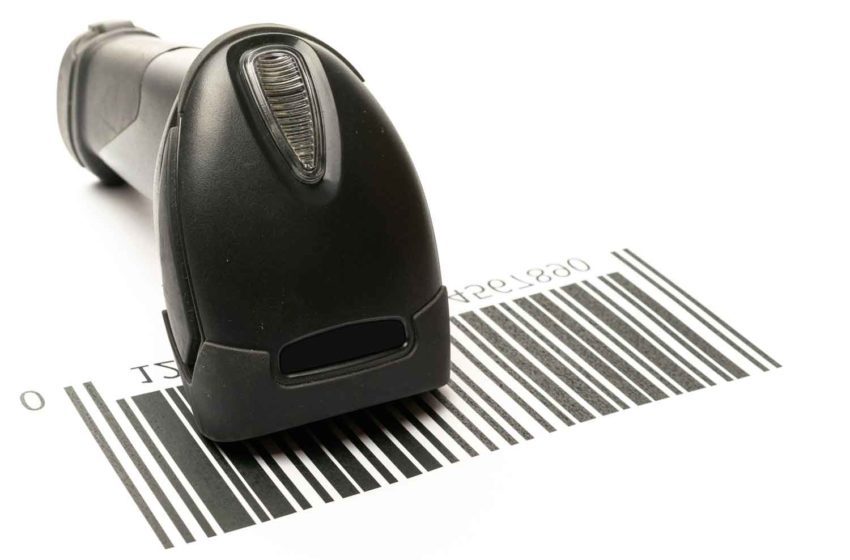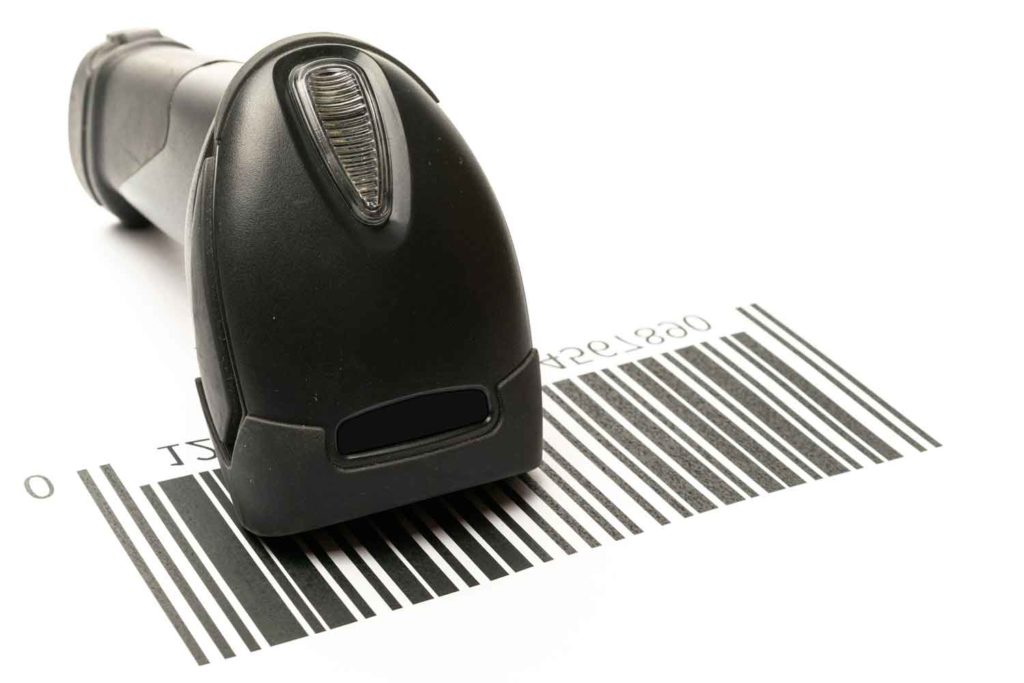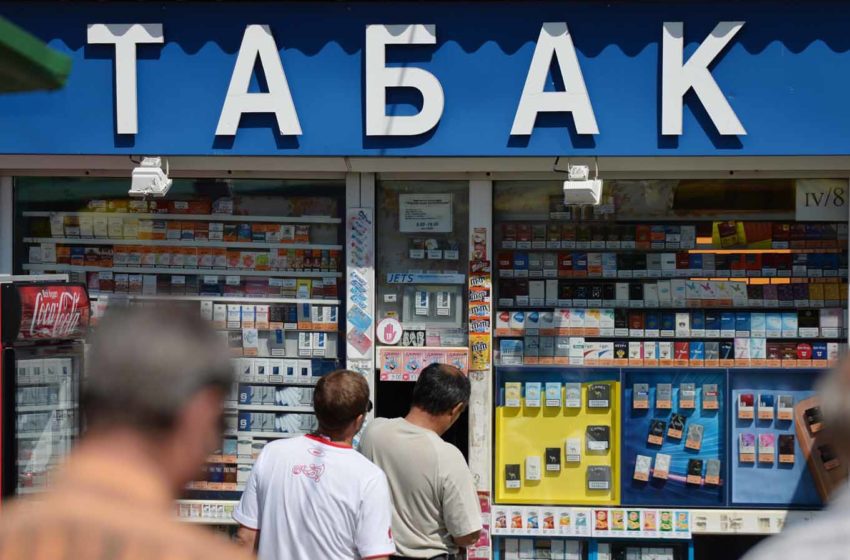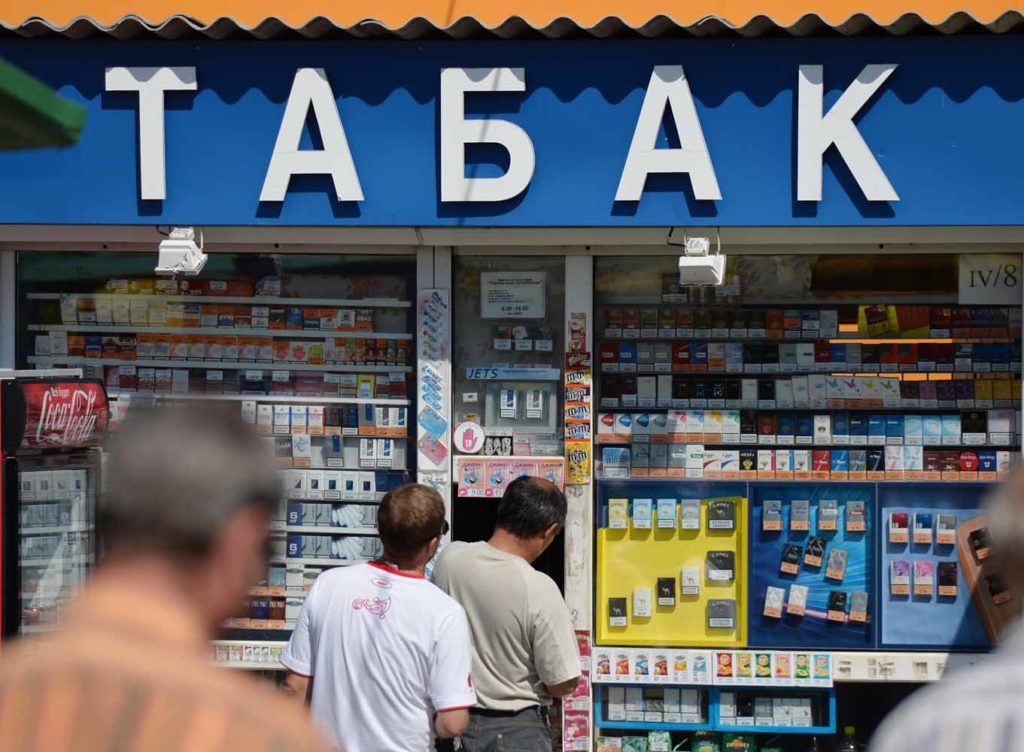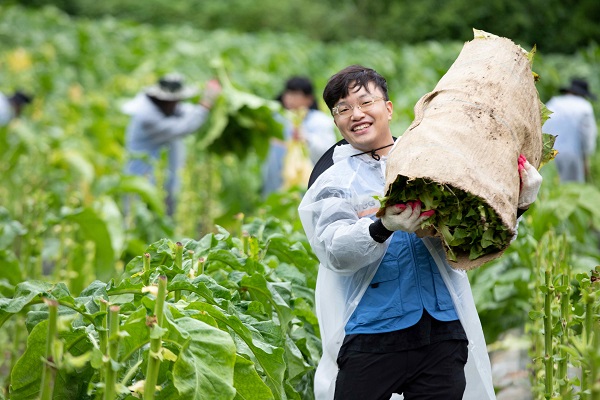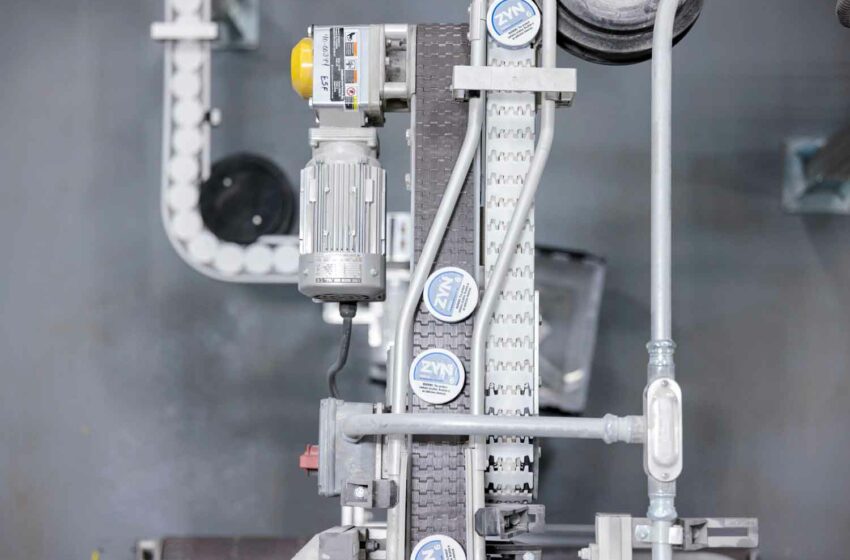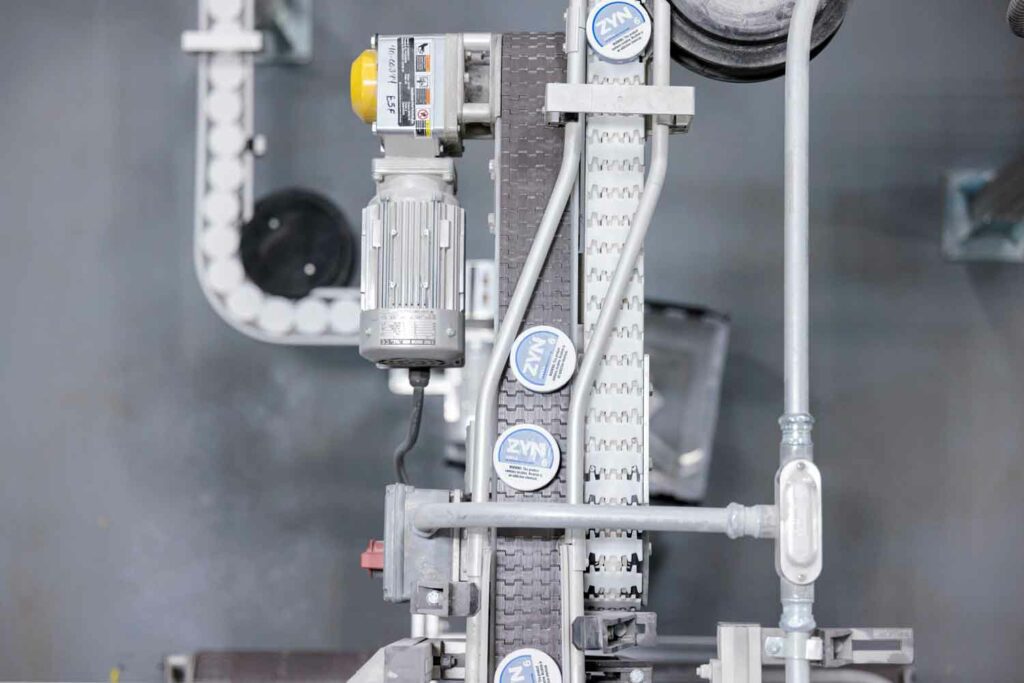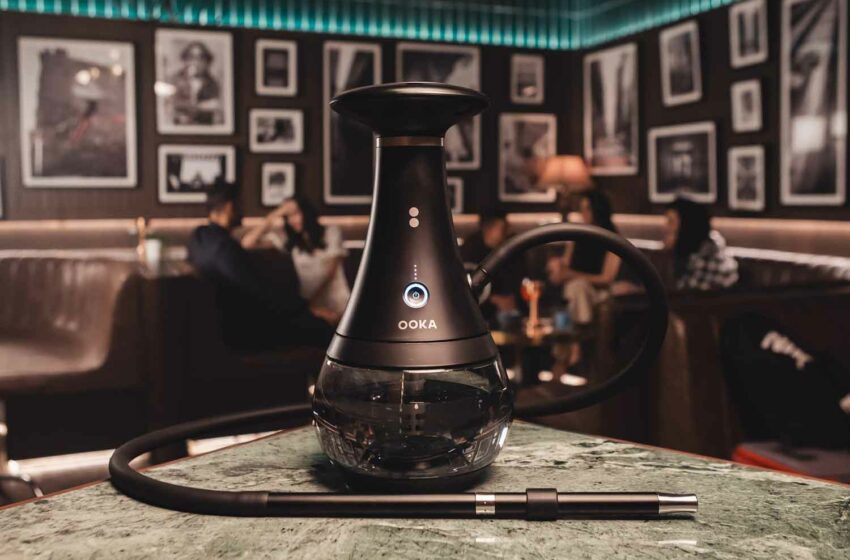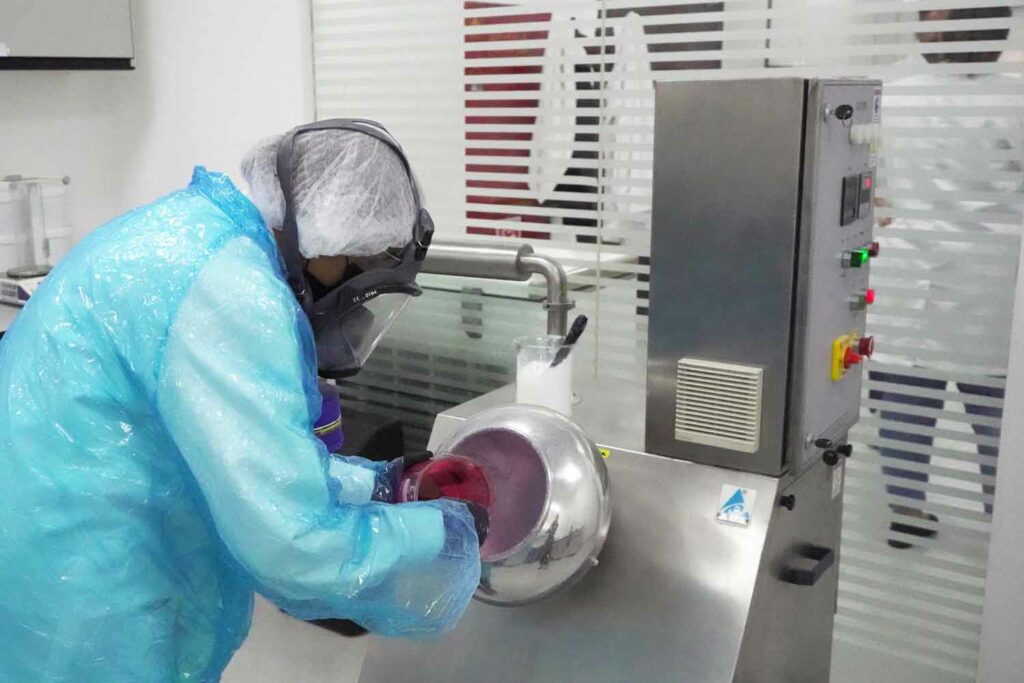
Zimbabwe’s Kutsaga Tobacco Research Board (TRB) has unveiled new tobacco hybrids designed to thrive in challenging climatic conditions.

According to TRB CEO Frank Magama, the varieties grow rapidly, allowing them to withstand the impacts of drought and heat, which have become increasingly prevalent in the country due to the impact of climate change. Furthermore, the new varieties are resistant to multiple tobacco diseases.
The TRB says they can yield between 2,500 and 3,000 kilograms per hectare even in the harshest environments.
The new varieties are currently undergoing a limited-release program, targeting farmers in the arid regions of Masvingo, Midlands and Matabeleland South.
“This program ensured that all Kutsaga varieties are extensively tested for their drought tolerance,” Magama told The Herald.
More than 85 percent of Zimbabwean tobacco growers are smallholders, whose lack of irrigation facilities leaves their operations dependent solely on rainfall.
This year’s El Nino weather phenomenon caused prolonged drought in Zimbabwe, resulting in low yields, poor-quality tobacco and reduced revenue.
As the 2024 marketing season draws to a close, national crop output stands at 226 million kg, down from last year’s record-breaking harvest of 298 million kg.


